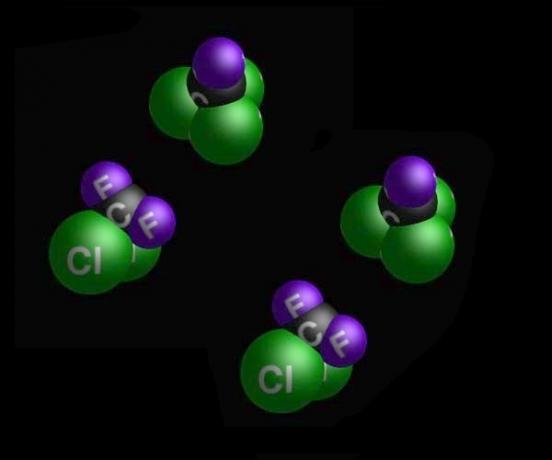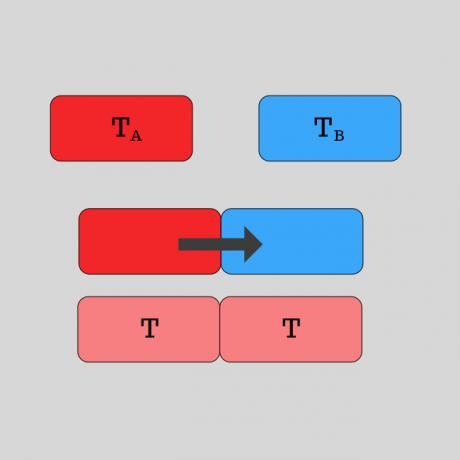Greenhouse effect it is a natural phenomenon in thermal heating of the Earth, essential to maintain the planet's temperature in ideal conditions for the survival of living beings. Without the natural greenhouse effect, the Earth would be very cold, making it difficult for species to develop.
However, through irresponsible actions of human beings, the greenhouse effect is becoming more and more intense, which becomes quite harmful to life on Earth.
The sun's rays, when emitted on the Earth, have two destinations: part is absorbed by the planet and transformed into heat, to keep the atmosphere warm; while the other is reflected and directed to space, in the form of ultraviolet radiation.
With the elimination of many polluting gases, such as carbon monoxide and others that cause the greenhouse effect, more half of the radiation ends up being retained on the surface of the planet, due to the reflective action of this layer of gases.
The excess of greenhouse gases, which act as insulators by absorbing the radiated energy, form a kind of "thermal blanket" around the planet, preventing heat from returning to space.
The greenhouse effect phenomenon also happens on other planets. In the case of Venus, for example, the temperature is higher than 470ºC due to the accumulation of carbon dioxide contained in its atmosphere.
The burning of fossil fuels, deforestation and the action of industries are some examples that help to increase air pollution. This excess layer is making part of these rays not able to return to space, causing an increase in the temperature of the entire planet, the global warming.
Learn more about the meaning of Global warming.
In 1997, aiming to reduce gas emissions, the United Nations (UN) called several countries to sign a treaty called Kyoto Protocol, which determines that industrialized countries reduce their emissions of polluting gases to a level 5.2% lower than the 1990 average.
Brazil is in 6th place in the ranking of countries that emit the most greenhouse gases into the atmosphere, mostly due to deforestation.
greenhouse effect and global warming
Although some scientists believe that global warming is due to natural causes, the vast majority claim that it is due to the excessive emission of greenhouse gases in the Earth's atmosphere. These gases destroy the ozone layer, leaving planet Earth more vulnerable to the Sun's ultraviolet rays.
Learn more about the meaning of Ozone.
Causes and consequences of the greenhouse effect
The greenhouse effect is caused by the excess of CO2 (carbon dioxide) and other gases (such as methane) in the Earth's atmosphere. The layer of these gases became thicker after the Industrial Revolution, and the temperature began to rise significantly.
The high temperatures caused by greenhouse gases unbalance the Earth's climate system. Some of the consequences are: an increase in the average level of the oceans, an increase in the frequency of storms, heat waves, changes in the rainfall system, and so on.
Also read the meaning of Chlorofluorocarbon.



